Christianity and Classical Culture: The Metamorphosis of Natural Theology in the Christian Encounter with Hellenism
The momentous encounter between Christian thought and Greek philosophy reached a high point in fourth-century Byzantium, and the principal actors were four Greek-speaking Christian thinkers whose collective influence on the Eastern Church was comparable to that of Augustine on Western Latin Christendom. In this erudite and informative book, a distinguished scholar provides the first coherent account of the lives and writings of these so-called Cappadocians (named for a region in what is now eastern Turkey), showing how they managed to be Greek and Christian at the same time.
Jaroslav Pelikan describes the four Cappadocians―Gregory of Nazianzus, Basil of Caesarea, Gregory of Nyssa, and Macrina, sister and teacher of the last two―who were trained in Classical culture, philosophy, and rhetoric but who were also defenders and expositors of Christian orthodoxy. On one issue of faith and life after another―the nature of religious language, the ways of knowing, the existence of...
Other books from Historia Christiana
- 63 LEI
- 85 LEI
- 35 LEI
Customers Also Bought
- 29 LEI
- 65 LEI
- 34 LEI
- 34 LEI
- 43 LEI


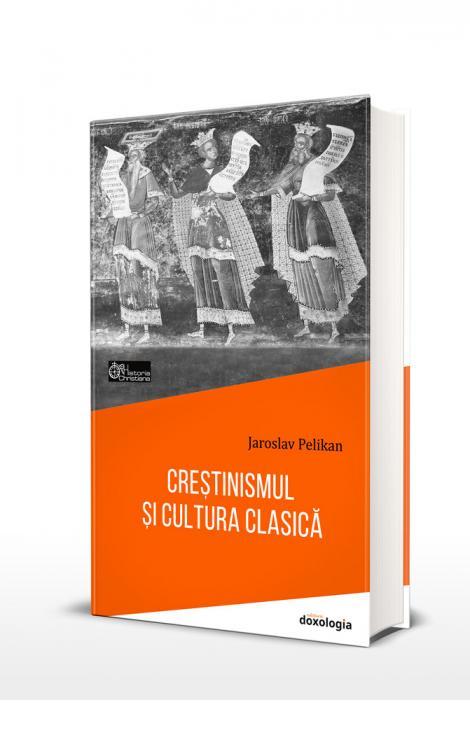

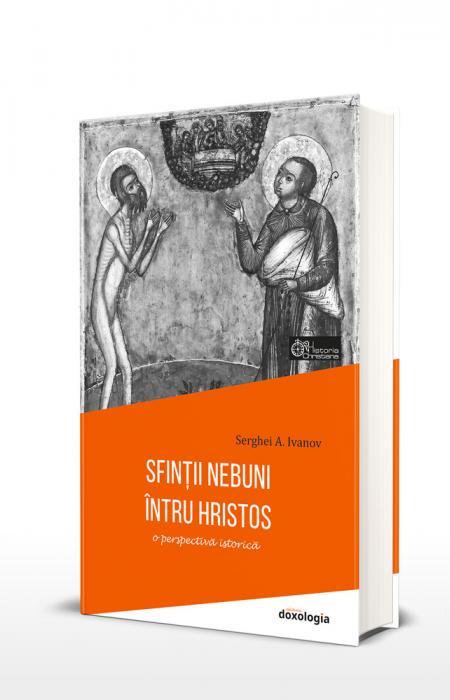
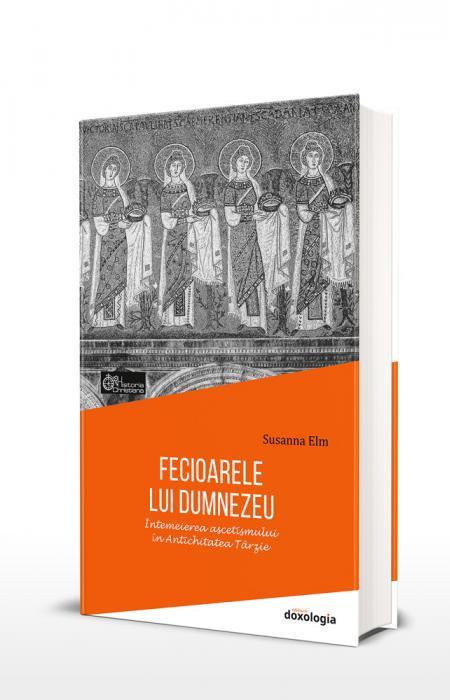

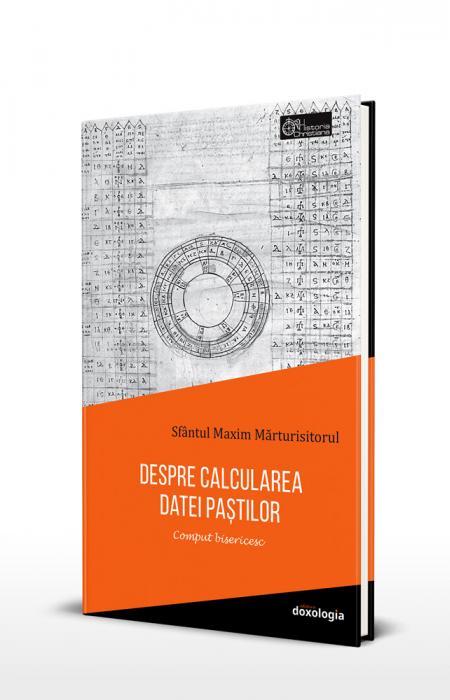
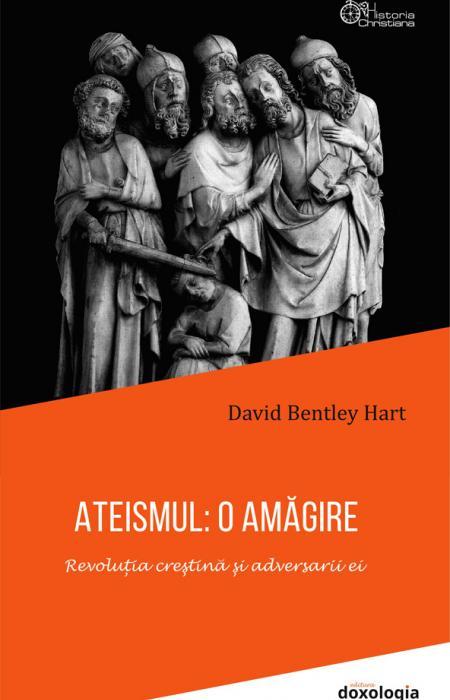
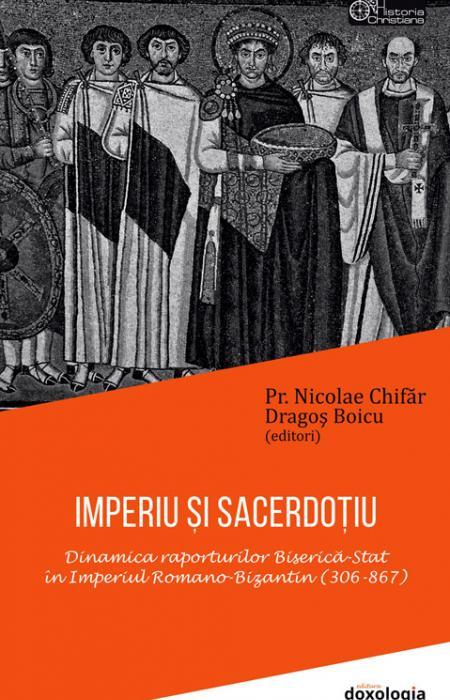
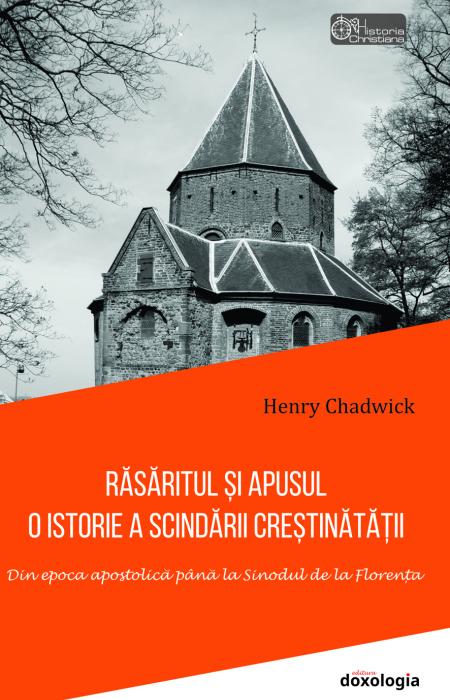
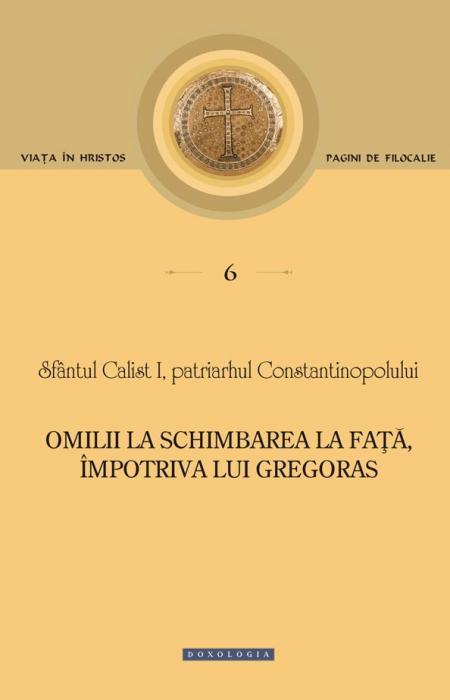
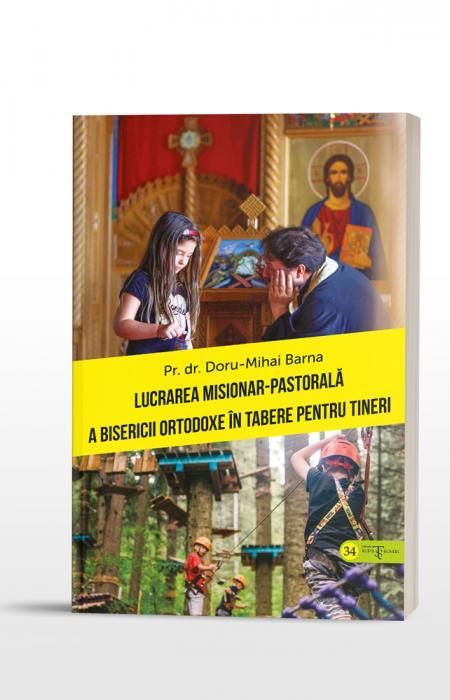
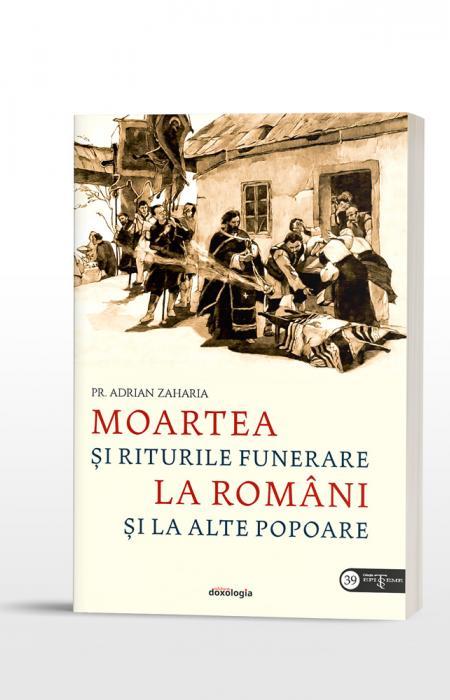

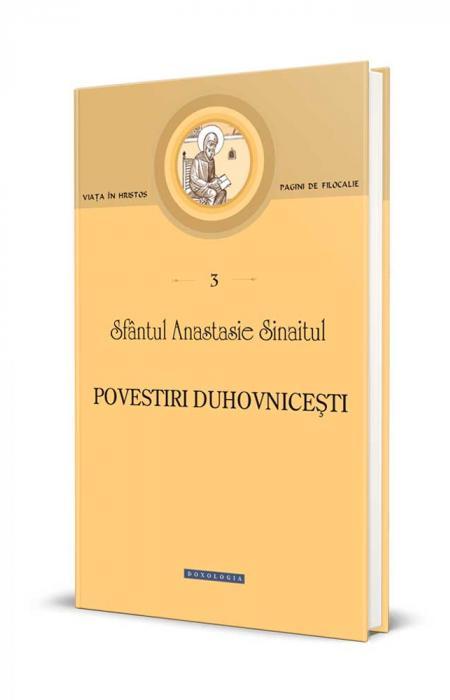

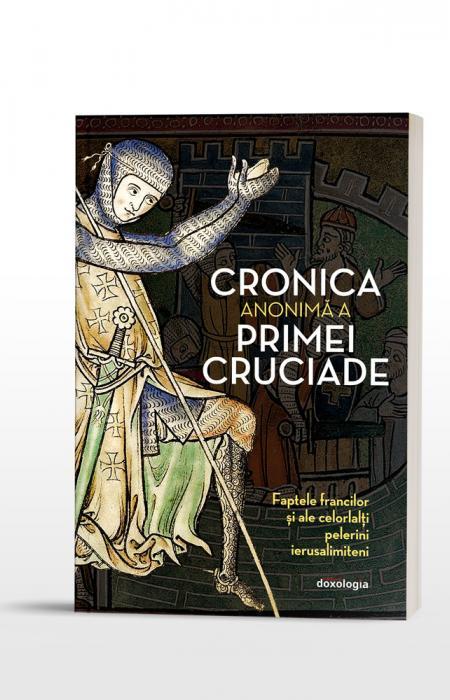
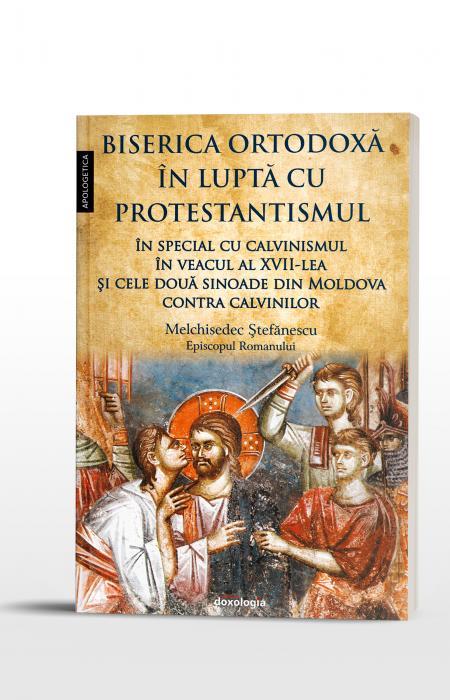
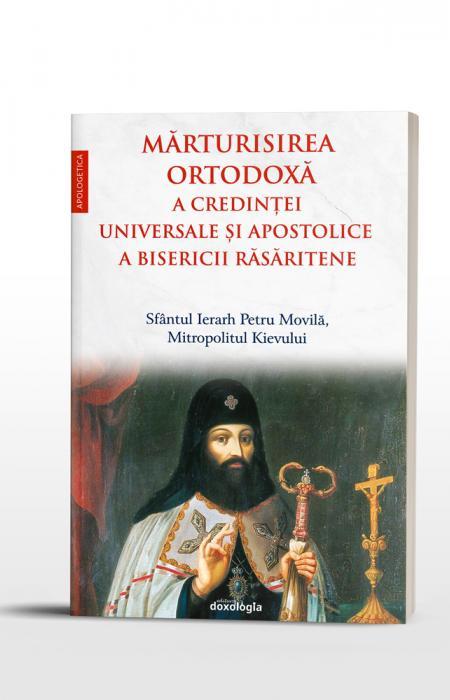
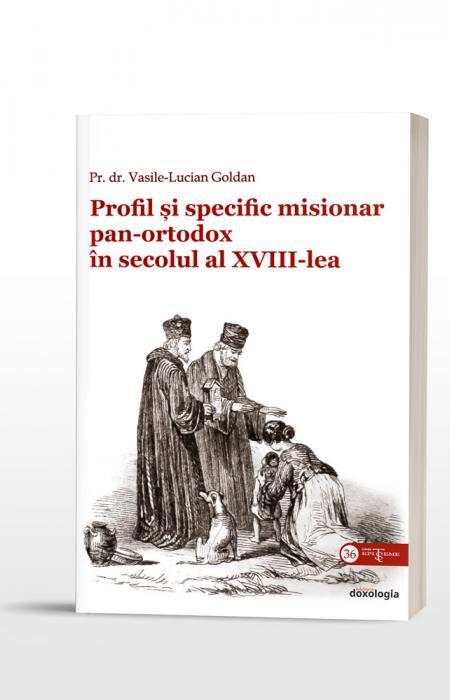
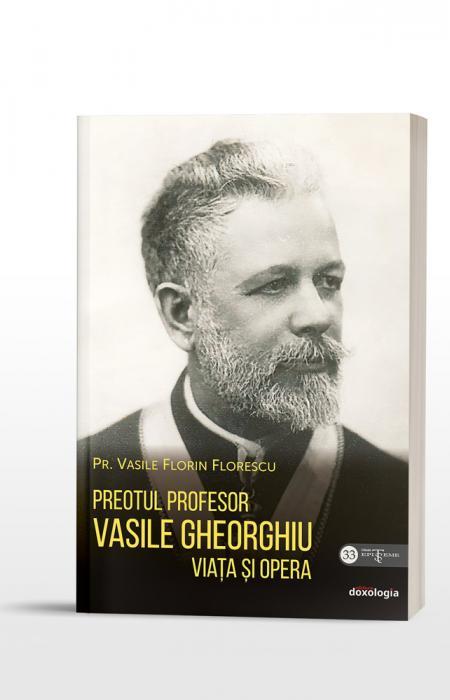
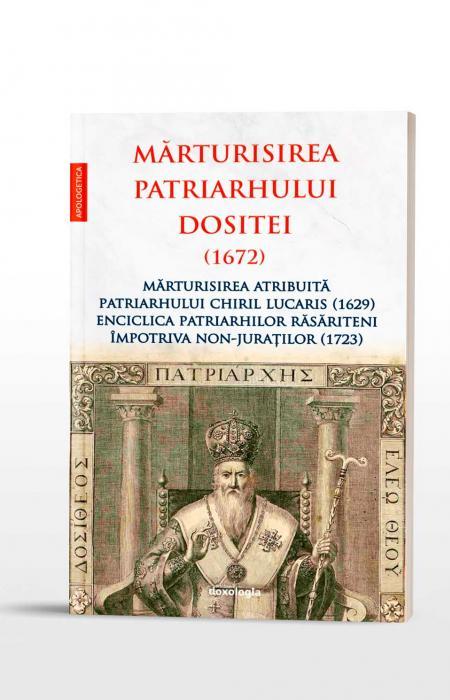
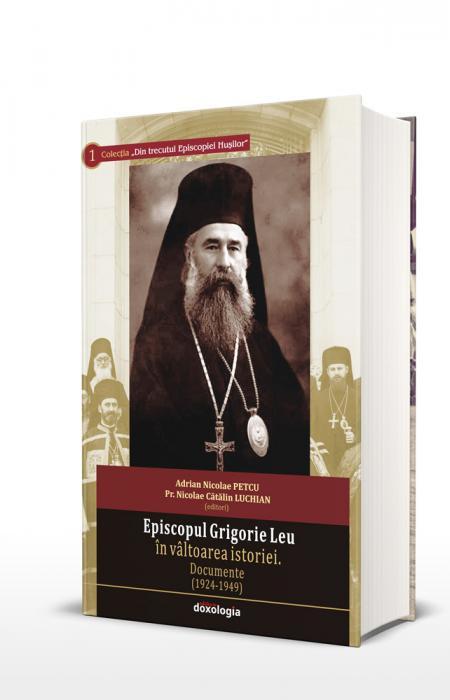
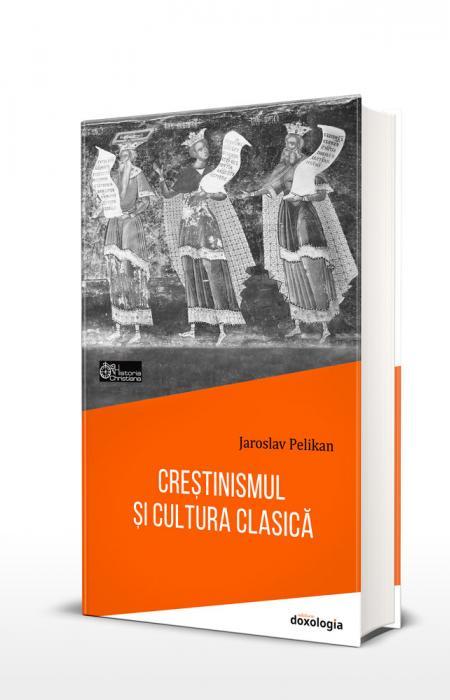

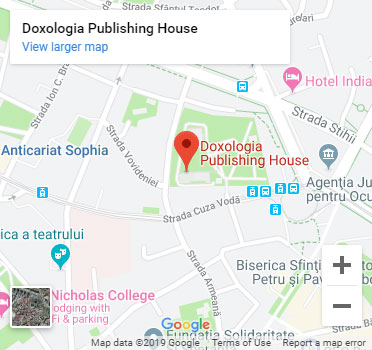
Add new comment